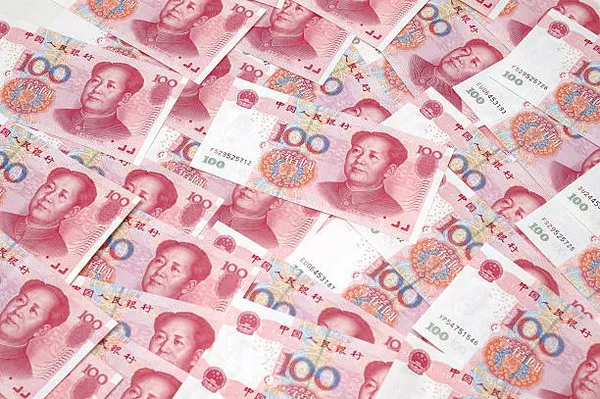The foreign exchange (forex) market is a global decentralized marketplace where currencies are traded. It serves as the backbone of international trade and investment, facilitating the exchange of goods and services between countries. Major currencies like the US dollar (USD), Euro (EUR), Japanese yen (JPY), and Chinese yuan (CNY) play pivotal roles in shaping the forex market due to their economic significance and trading volumes.
Factors Leading to a Weak Yuan
Several factors can contribute to the depreciation of the yuan. Economic factors such as slowing growth, rising debt levels, and trade imbalances can weaken investor confidence in a currency. Political instability, trade tensions, and geopolitical conflicts may also undermine the value of a currency. Market sentiment and speculation can exacerbate these trends, leading to further depreciation.
Economic Implications
A weak yuan has profound implications for China’s economy. On one hand, it can boost export competitiveness by making Chinese goods cheaper in foreign markets. However, it also raises the cost of imported goods, potentially fueling inflation domestically. Moreover, a depreciating currency can erode purchasing power and undermine consumer confidence, impacting domestic consumption and investment.
Global Trade Effects
The impact of a weak yuan extends beyond China’s borders, influencing global trade dynamics. Countries with strong trade ties to China may experience changes in their trade balances, as Chinese exports become more competitive. Conversely, Chinese imports may become more expensive, affecting the cost of production and consumer prices in importing countries. Additionally, currency fluctuations can introduce uncertainty into international business transactions, affecting investment decisions and supply chains.
Investor Behavior
Investors respond to a weak yuan by adjusting their portfolios and investment strategies. Some may seek safe-haven assets like gold or stable currencies to hedge against currency risk. Others may explore opportunities in Chinese stocks or commodities to capitalize on export-driven growth. Speculators may engage in currency trading to profit from short-term fluctuations in the yuan’s value.
Forex Trading Strategies
In the context of a weak yuan, forex traders employ various strategies to navigate currency markets. Trend-following strategies involve capitalizing on sustained movements in the yuan’s value, either through long or short positions. Range-bound strategies focus on trading within established price ranges, taking advantage of volatility and support/resistance levels. Additionally, carry trades involve borrowing in currencies with low interest rates to invest in higher-yielding assets, exploiting interest rate differentials.
Government and Central Bank Policies
The Chinese government and the People’s Bank of China (PBOC) play critical roles in managing the yuan’s exchange rate. They may intervene in forex markets through direct interventions or monetary policy measures to stabilize the currency or pursue strategic objectives. Policy responses may include adjustments to interest rates, capital controls, or foreign exchange reserves management to influence the yuan’s value relative to other currencies.
Comparison with Other Currencies
Comparing the yuan’s movement with other major currencies provides valuable insights into global currency dynamics. Changes in the yuan’s value relative to the USD, EUR, JPY, and other key currencies reflect broader trends in the global economy, monetary policies, and geopolitical developments. Analyzing these relationships helps investors and policymakers understand the interconnectedness of currency markets and anticipate potential market movements.
Historical Data and Trends
Examining historical data on the yuan’s performance reveals patterns and trends that inform market analysis and decision-making. Long-term trends may reflect structural changes in the Chinese economy, such as shifts in trade patterns, economic reforms, or demographic changes. Short-term fluctuations may be influenced by macroeconomic indicators, geopolitical events, or market sentiment, highlighting the dynamic nature of currency markets.
Practical Advice for Businesses and Individuals
For businesses and individuals affected by currency fluctuations, several strategies can help mitigate risks and capitalize on opportunities. Hedging strategies, such as forward contracts or options, can protect against adverse currency movements in international trade or investment. Diversifying revenue streams and investment portfolios across multiple currencies or asset classes can reduce exposure to currency risk. Monitoring economic indicators, geopolitical developments, and central bank policies can inform decision-making and help anticipate currency movements.
See Also What is the CNY prediction?
In conclusion, a weak yuan has far-reaching implications for global markets, economies, and investors. Understanding the factors driving currency depreciation, analyzing its economic and trade effects, and implementing effective risk management strategies are essential for navigating the complexities of forex markets in a dynamic global environment. By staying informed and adopting prudent strategies, businesses and individuals can adapt to currency fluctuations and capitalize on opportunities in an ever-changing landscape.


